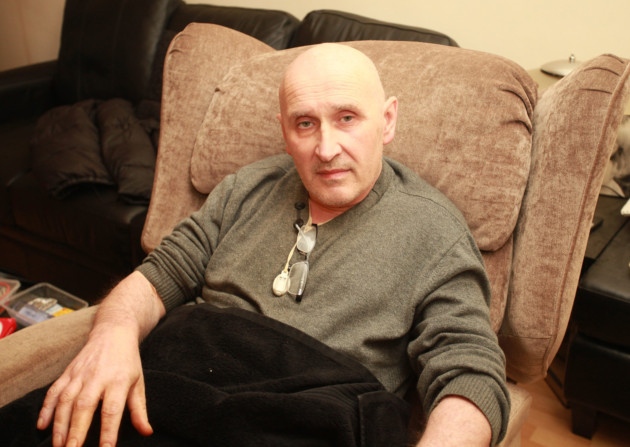Amy’s Story
Amy was born with quadriplegic cerebral palsy and is a wheelchair user. She is hearing and speech impaired, doubly incontinent and has dysphagia requiring alternative forms of feeding (PEG). She has a learning difficulty and is unable to verbally communicate. As a result of her complex needs, she requires 24 hour support, hoist transfers and the assistance of two carers for all personal care and activities of daily living.
Amy lived in a two bedroom ground floor flat with her mother, stepfather and two twin sisters. Since 2005, the flat had not been adequate enough for Amy to manage her disabilities due to the cramped living conditions.
Amy’s parents instructed the Disability Law Service in April 2014 to help in their challenge to the Local Authority to provide Amy with suitable accommodation. DLS applied for funding to cover both Counsel and Occupational Therapist reports that proved that Amy’s property was not suitable. In less than two years, the Disability Law Service had resolved Amy’s family’s 10 year fight and were provided with a three bedroom property which is suitable for Amy. Click here to see our video about Amy’s story.
Amy’s Story






